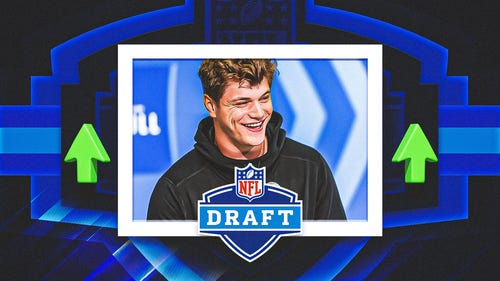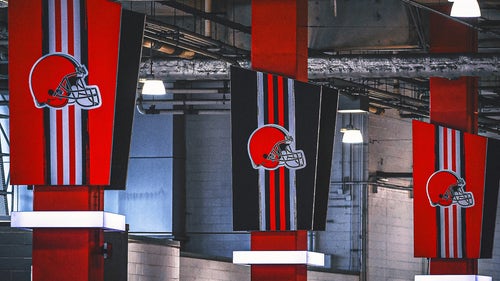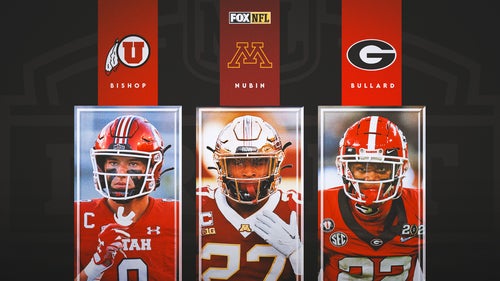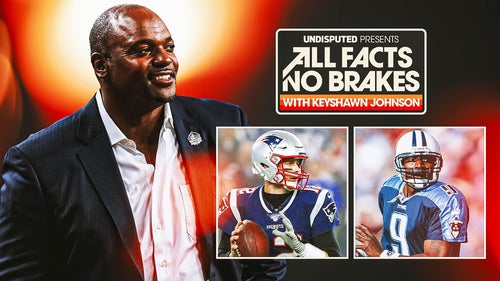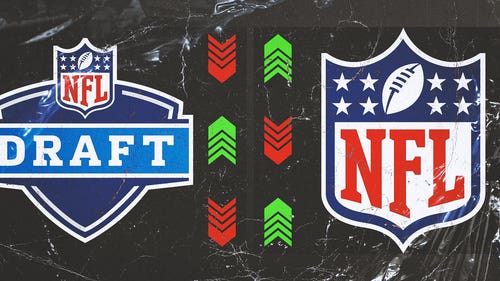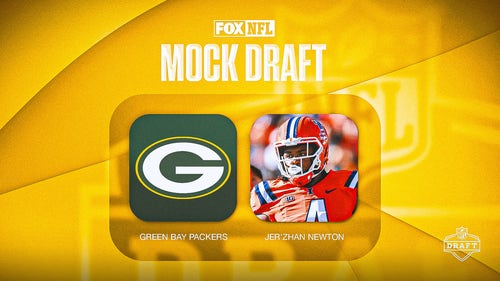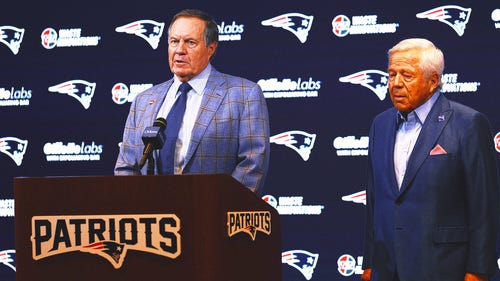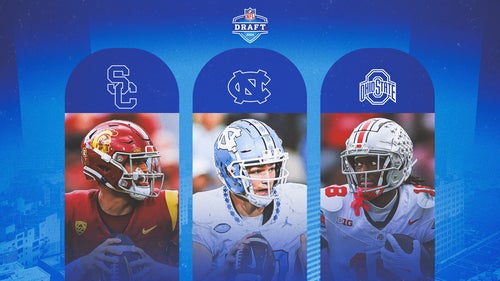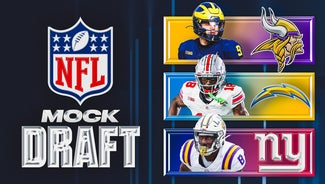
Fake Super Bowl tix are big business
Ashley Repp didn’t hesitate as she and her fiance handed over $2,200 to a scalper wearing a No. 10 Eli Manning New York Giants jersey.
“He seemed like a nice guy,” Repp told FOXSports.com. “There wasn’t anything weird about him or anything. He wasn’t sketchy, dirty or unsettling in any way.”
For all the cash the young couple had on them, they were handed two tickets to Super Bowl XLVI — or at least what they thought were tickets to last year’s title game in Indianapolis.
Both tickets turned out to be counterfeit, something Repp and Brandon Landuyt realized when they were turned away from Lucas Oil Stadium a couple of hours before kickoff.
Repp and Landuyt filed one of the 27 reports of counterfeit Super Bowl tickets with Indianapolis police, according to department spokesman Michael Hewitt. (A federal law-enforcement official told FOXSports.com that about 200 people were turned away with counterfeit tickets last year.)
Despite recent outreach efforts — including teams such as the San Francisco 49ers sending out warnings to fans — the NFL expects bogus tickets could be just as big an issue this year in New Orleans.
“The number of counterfeit and stolen tickets increases every year, with a couple of exceptions,” Anastasia Danias, NFL vice president of legal affairs, told FOXSports.com.
Danias said the trend over the last few years has been one major supplier of counterfeit tickets — something that was of major concern in New Orleans the last time the city hosted in 2002 — distributing to individuals or small groups creating the fake tickets.
“Consumers have high-quality printers and other technologies that are accessible to them,” Danias said.
The fake that Elizabeth Bittner of Scottsdale, Ariz., purchased last year looked real enough. The NFL has multiple authentication measures built into the tickets, including bar codes, a security label (holographic image), heat-activated ink and embedded electronic security; there are no print-at-home tickets for the Super Bowl.
“It had a hologram and the raised typeface,” Bittner said. “The only thing that wasn’t right was the face value. It said $600.”
The cheapest face-value seat for last year’s Super Bowl was $800, something Bittner said she didn’t know at the time. The transaction happened so fast, Bittner said, there wasn’t much time to second-guess her $900 purchase of the fake ticket.
“I had a bad feeling, but when I looked up he was gone,” said Bittner, who this season completed her goal to watch games at all 31 NFL stadiums. “When I made the report at the police substation, there were two kids about college-aged who described the same guy.”
The police report obtained by FOXSports.com described the person who sold Bittner the ticket as somebody in a “dirty brown sweater, dark pants and . . . (a) gold front tooth.” Undercover officers were alerted to the description of the seller, but it doesn’t appear he was apprehended.
Bittner was so upset, she didn’t even want to watch the game in a sports bar. She did, however, attempt to find the criminal, a search that proved fruitless.
“I was going to make a citizen’s arrest,” Bittner said. “I probably would just have called some guys over to help me out.”
The NFL has coordinated with local authorities to avoid such situations. New Orleans police will have both uniformed and undercover officers patrolling around the Superdome specifically looking for fake and stolen tickets. Agents from the US Immigration and Customs Enforcement (ICE) and NFL employees — equipped with scanners to determine the validity of tickets — will be alongside to assist.
On top of counterfeit tickets, stolen tickets also have been an issue in years past. A ticket reported stolen is deactivated and re-issued, making the original ticket worthless.
“These people are going to be all over the place selling tickets,” said Sgt. Mike Sposito of the New Orleans Police Department. “This is a worldwide event that brings in the worst element. Some people may be legitimately selling tickets, but there are also those who (make selling fake tickets) their livelihood.”
Law-enforcement and NFL officials told FOXSports.com that some of the same scammers show up outside Super Bowl venues every year.
“They know the game,” Sposito said. “They know what to look for. They are on the lookout for officers in plain clothes. It’s like they have a sixth sense about who is a legitimate customer or if the buyer is a police officer.”
Selling a ticket for over face value is illegal in Louisiana, unless the transaction takes place online. Tickets can’t be sold for even face value within 750 feet of the Superdome.
The NFL’s Danias said the league prefers such type of strict scalping laws. Scalping has been legal at prior Super Bowl venues — such as the site of 2008’s Super Bowl XLII, Scottsdale, Ariz. — and booths actually were set up for fans looking to verify a ticket’s validity.
Raymond Parmer Jr., special agent in charge of the ICE Office of Homeland Security Investigations in New Orleans, said that his agency won’t be limited to pursuing dubious sellers just within New Orleans.
“Rest assured whether people are selling counterfeit tickets on the street or online, we will find them,” Parmer told FOXSports.com. “The people doing the selling online are sophisticated, but [we] have agents all over the country to go after these folks. They will be punished the fullest extent of the law.”
The only secondary market vendor authorized by the NFL to sell Super Bowl tickets is its partner, Ticketmaster’s Ticket Exchange. As of Saturday evening, the cheapest seat was $1,900 each.
A steep price, but that’s exactly what Repp wound up paying (per ticket) to get into last year’s Super Bowl after she fetched her debit card from her car. She took the NFL up on its offer to buy two face-value seats to the game at $800 each, something the league does on a limited basis for counterfeit ticket victims. Her total out-of-pocket cost, totaling the two fakes ($2,200) and the two genuine articles ($1,600) was $3,800, or $1,900 per.
“It was basically our tax-return money,” Repp said. “You don’t really think about it until it happens to you. I just took it as a learning experience.”






































































































































